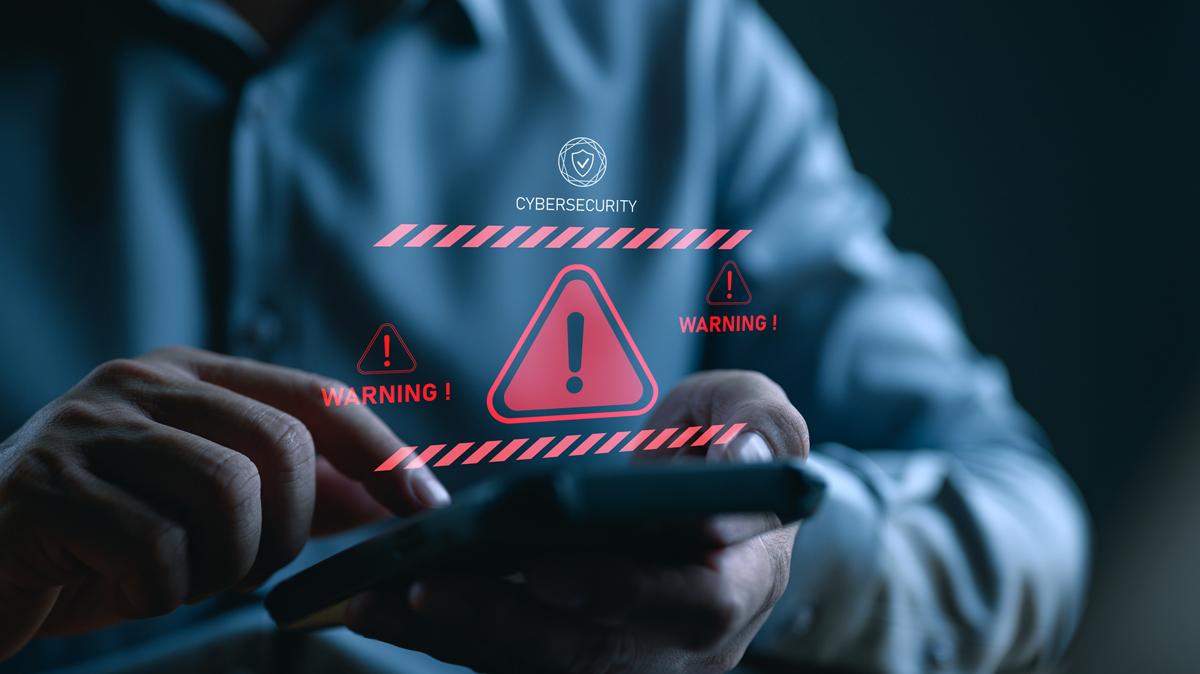The imperative of agility in UK healthcare cybersecurity

In an era where cyber threats are becoming increasingly sophisticated, the necessity for agile and constantly updated cybersecurity arrangements in the UK's healthcare system cannot be overstated. The rise in cyberattacks targeting healthcare institutions underscores the critical need for a proactive approach to cybersecurity. As cybercriminals continuously refine their tactics, techniques, and procedures (TTPs) to exploit vulnerabilities and circumvent security measures, healthcare systems must be equally adept at adapting to and countering these evolving threats.
The NHS and other healthcare providers in the UK have faced numerous cyberattacks in recent years, highlighting significant vulnerabilities in their cybersecurity defences. The infamous WannaCry ransomware attack in 2017, which brought parts of the NHS to a standstill, is a stark reminder of the aftermath that these catastrophic events can have on major corporations. This attack exposed the devastating consequences of outdated security systems and underscored the urgent need for robust and agile cybersecurity measures. Yet, in 2024 we continue to see similar attacks occurring.
To effectively combat the ever-evolving threat landscape, healthcare institutions must adopt a proactive and flexible approach to cybersecurity. This involves several key components: regular security assessments, threat intelligence, vulnerability management, and incident response planning. Each of these elements plays a crucial role in fortifying healthcare systems against cyber threats.
Regular security assessments and threat intelligence
Regular security assessments are essential to identify and mitigate potential vulnerabilities before they can be exploited by cybercriminals. These assessments should encompass comprehensive audits of existing security measures, penetration testing, and continuous monitoring to ensure that any weaknesses are promptly addressed. By conducting these assessments regularly, healthcare institutions can stay ahead of potential threats and enhance their overall security posture.
In tandem with security assessments, threat intelligence is a vital tool for understanding the tactics, techniques, and procedures employed by cybercriminals. By leveraging threat intelligence, healthcare institutions can gain insights into emerging threats and develop strategies to counter them effectively. This proactive approach enables healthcare providers to anticipate and mitigate risks, thereby reducing the likelihood of successful cyberattacks.
Vulnerability management
Vulnerability management is another critical aspect of maintaining agile cybersecurity arrangements. This involves the systematic identification, assessment, and prioritisation of vulnerabilities within an organisation's IT infrastructure. By implementing a robust vulnerability management programme, healthcare institutions can ensure that weaknesses are promptly patched and mitigated, thereby reducing the attack surface available to cybercriminals.
In the context of the UK healthcare system, where legacy systems and outdated software are prevalent, effective vulnerability management is particularly important. Ensuring that all systems are up-to-date and that known weaknesses are addressed in a timely manner is crucial to protecting sensitive patient data and maintaining the integrity of healthcare services.
Incident response planning
Despite the best efforts to prevent cyberattacks, incidents may still occur. This makes incident response planning an indispensable component of a comprehensive cybersecurity strategy. An effective incident response plan should outline clear procedures for detecting, analysing, and responding to security incidents. It should also include protocols for communication, coordination, and recovery to minimise the impact of an attack and restore normal operations as quickly as possible.
Incident response planning must be a continuous process, with regular drills and updates to ensure that all stakeholders are prepared to act swiftly and effectively in the event of a cyber incident. By being prepared for potential breaches, healthcare institutions can limit the damage caused by cyberattacks and recover more quickly, thereby minimising disruption to critical services.
Ongoing training and awareness programmes
Finally, ongoing training and awareness programmes are essential to ensure that employees are equipped with the knowledge and skills to identify and respond to cyber threats. Human error is often a significant factor in cybersecurity breaches, and educating staff about the latest threats and best practices can significantly reduce this risk. Regular training sessions, phishing simulations, and awareness campaigns can help foster a culture of cybersecurity within healthcare organisations, making them more resilient to cyberattacks.
By maintaining agile and up-to-date cybersecurity arrangements, healthcare institutions in the UK can minimise their risk exposure, detect and respond to threats more effectively, and maintain the trust and confidence of their patients and stakeholders. In a landscape where cyber threats are constantly evolving, the ability to adapt and respond swiftly is not just an advantage - it is a necessity. Investing in comprehensive and proactive cybersecurity measures is essential to safeguarding the future of the UK’s healthcare system and ensuring the continued delivery of safe and reliable healthcare services.












